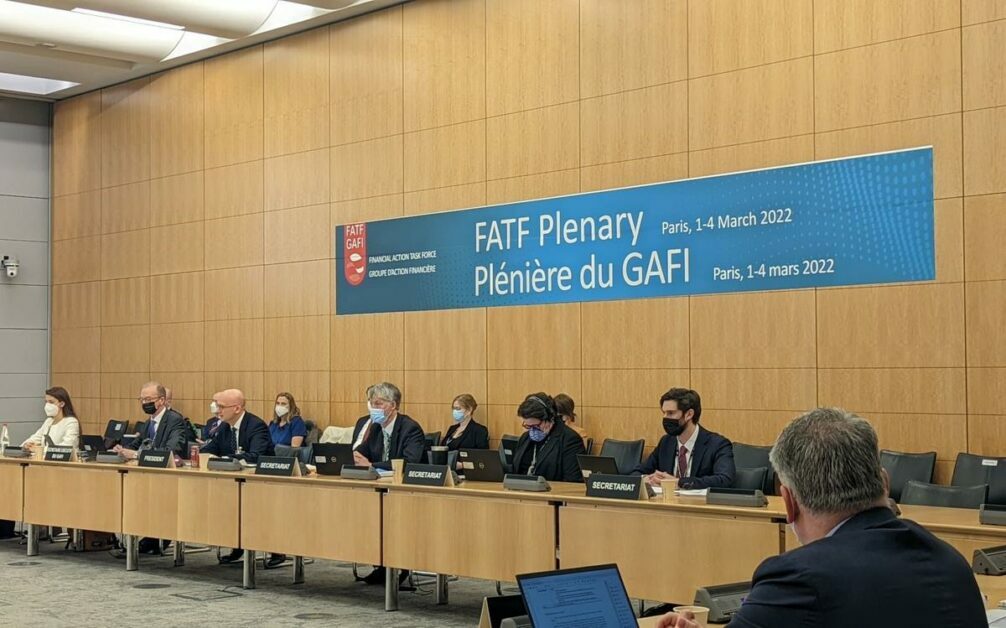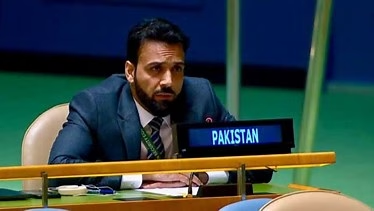Markets React and Respond to FATF Decision
The Financial Action Task Force (FATF) has officially removed Pakistan off the so-called grey list, with the related advantages expected to extend beyond a lift in reputation.
The action acknowledges Pakistan’s progress against money laundering and terrorist funding, laying the groundwork for both short- and long-term advantages.
In June 2018, the FATF put Pakistan on the grey list, deeming the nation non-compliant with the global money laundering and terrorism funding watchdog’s guidelines.
It recognised Pakistan’s progress on all 34 action points in June 2022, adding a final judgement would be made following an on-site visit to Pakistan.
“This good result bodes well for Pakistan’s image,” which has lately been harmed by credit rating downgrades, according to a study issued ahead of the widely anticipated FATF decision by Arif Habib. The removal from the grey list is expected to help rebuild investor confidence while also paving the door for re-rating and rating improvements.
According to Sana Tawfik, senior analyst at Arif Habib, in the report:
Markets are expected to respond strongly to this news, and general sentiment is expected to remain favourable for the foreseeable future.
The International Monetary Fund and Foreign Direct Investment
Exiting the FATF’s list of countries with serious deficiencies was one of the structural criteria set by the IMF, implying that Pakistan has met an additional IMF requirement ahead of its ninth review in November 2022.
If the evaluation is successful, the fund will be allowed to release $894 million in SDRs.
According to the Arif Habib study, the current move should also help Pakistan obtain external funds and draw in foreign direct investment in the long run.
Pakistan’s overall external funding demand for FY23 is predicted to be slightly more than $31 billion, compared to an estimated $37 billion in available financing, including IMF assistance.
The rupee’s remarkable rebound against the US dollar has faded, maybe a little sooner than many expected, but it was always likely to reverse course in the face of decreasing foreign currency reserves.
Improved possibilities for foreign direct investment may bolster the local currency, although the timing of any inflows will be critical.
Topline Securities Director of Research Umair Naseer does not expect a “significant” increase in foreign direct investment and other capital inflows as a result of Pakistan’s removal from the grey list, but he does acknowledge that the importance of addressing terror financing and money laundering issues has gained traction.
In any case, the FATF decision definitely boosts market mood, but the government cannot afford to relax.
To assist increase economic momentum, it must leverage on efforts to prevent money laundering and terrorist funding.











